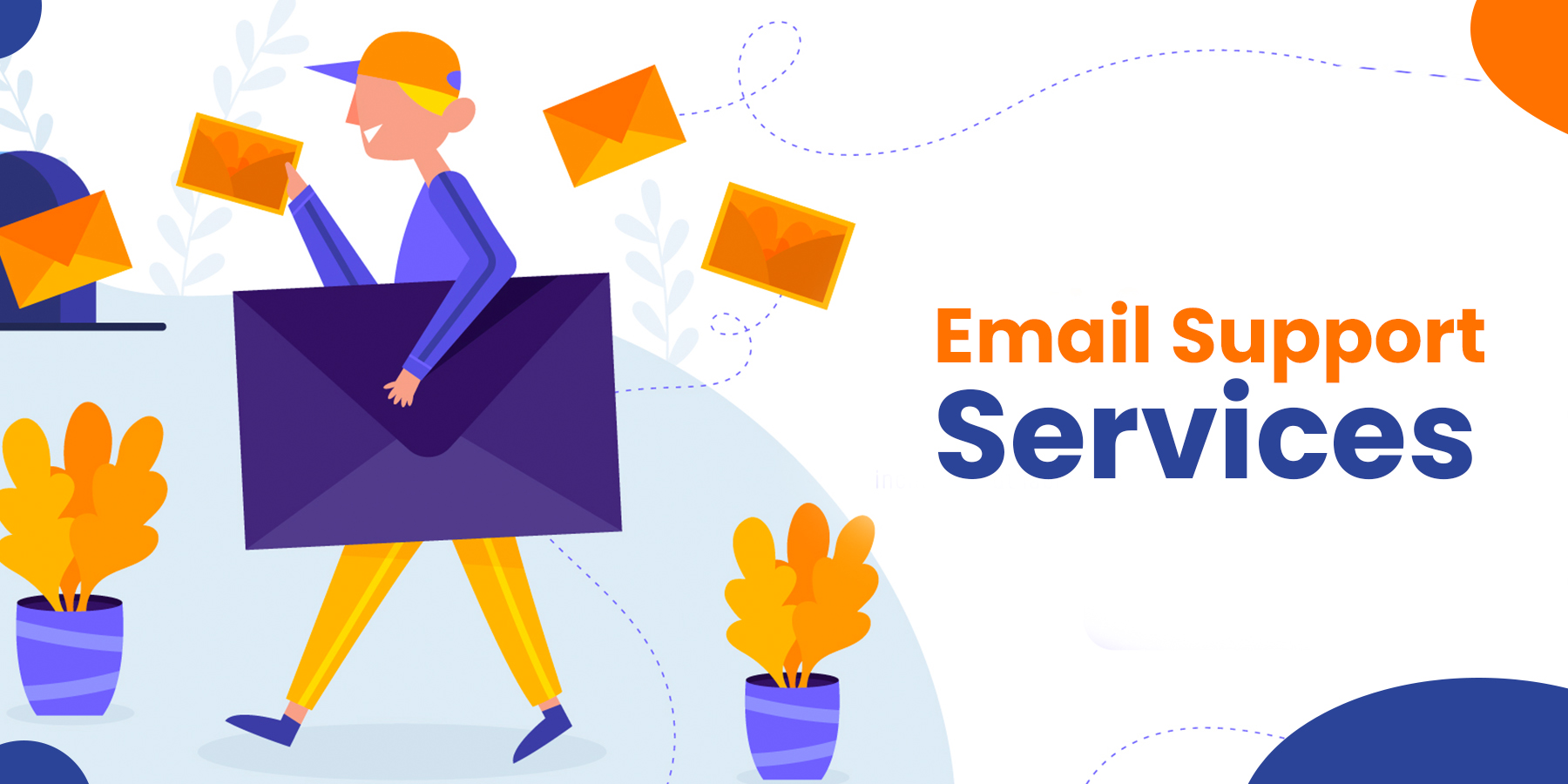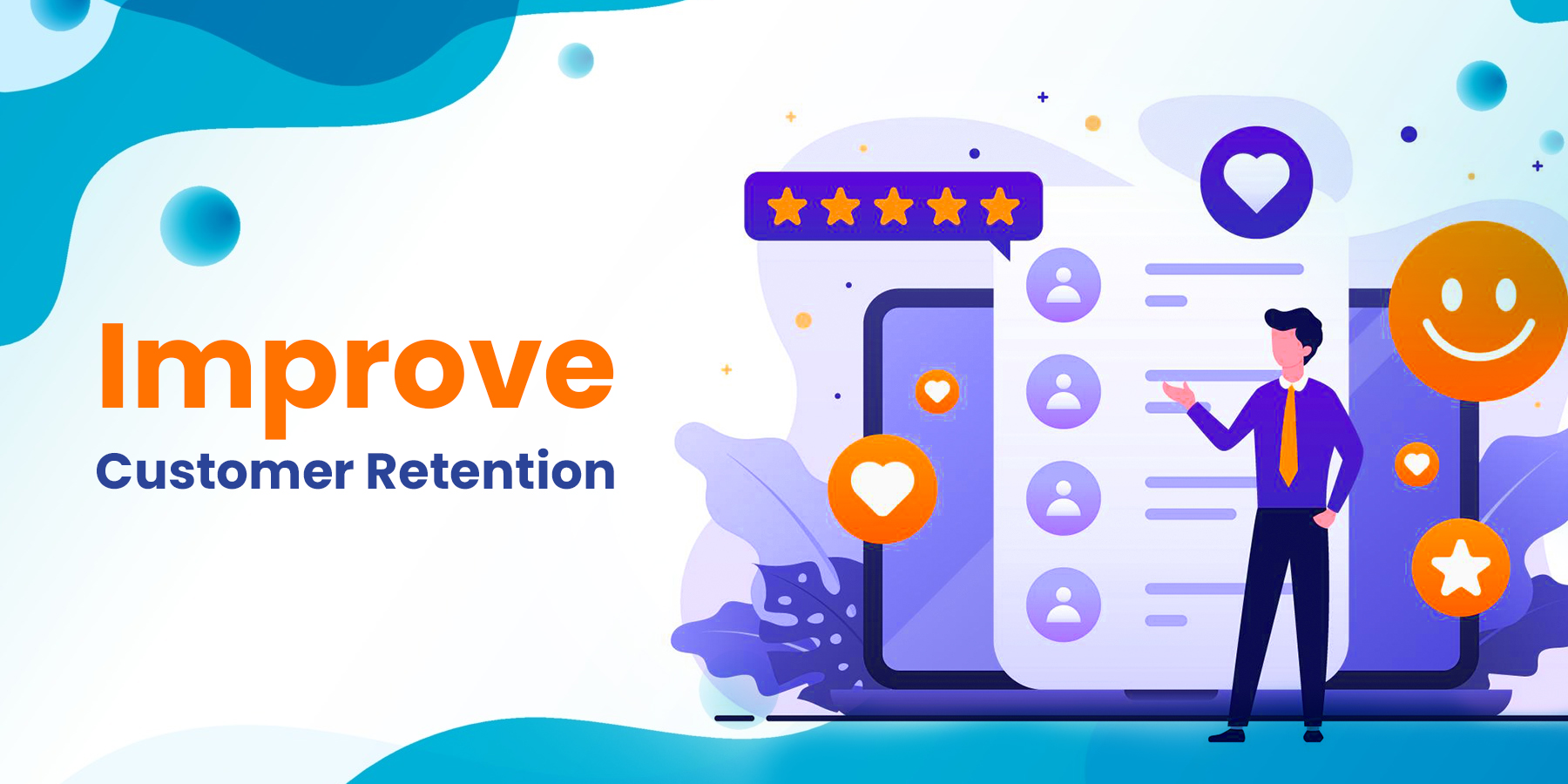
Email support services can be a valuable tool for businesses looking to provide customer service and generate leads. By building a list of email subscribers and regularly sending newsletters and promotional emails, companies can create relationships with their customers and drive business results. Outsourcing email support services can be a cost-effective way for businesses to benefit from the expertise of an email support outsourcing team. Email support outsourcing allows businesses to focus on their core competencies while providing top-notch customer service.
By outsourcing email support, companies can take advantage of the efficiency and reliability of an email support outsourcing service. An email customer service outsourcing team can provide various services, including managing customer inquiries, responding to customer feedback, and handling customer complaints. By outsourcing email services, businesses can streamline their operations and provide excellent customer service to their customers. Overall, outsourcing email support can be valuable for companies looking to build their customer list and generate leads.
Importance of Email Support for Businesses
Email support services is essential for businesses because they allow for quick and convenient communication with customers and clients. Email support is an efficient way to resolve issues and answer questions. It enables enterprises to assist customers even when they are not physically present in a store or office.
Outsourcing email support services can be a cost-effective way for companies to benefit from the expertise of an email support outsourcing team. Email support outsourcing can also allow companies to focus on their core competencies while providing top-notch customer service. By outsourcing email support, companies can take advantage of the efficiency and reliability of an email support outsourcing service. An email customer service outsourcing team can provide various services, including managing customer inquiries, responding to customer feedback, and handling customer complaints. By outsourcing email services, businesses can streamline their operations and provide excellent customer service to their customers.
Email support can also help businesses build and maintain good customer relationships. By responding to emails in a timely and helpful manner, companies can show that they value their customers and are committed to providing excellent service. This is especially important for businesses that rely on email support as their primary method of customer communication, as it is a critical factor in building customer satisfaction and loyalty.
Overall, email support is a crucial part of any business’s customer service strategy and can play a key role in building and maintaining customer satisfaction and loyalty. By outsourcing email support services, companies can take advantage of the efficiency and expertise of an email support team while still providing excellent service to their customers.
Step 1: Develop an Email Marketing Plan
Identify Your Target Audience
To develop an email marketing plan, and you must first identify your target audience. This will help you tailor your messages and campaigns to your audience’s specific needs and interests and increase the chances of success. Here are some steps to take when identifying your target audience:
- Define your target market: Who is most likely interested in your products or services? Consider age, gender, location, income level, education level, and interests.
- Gather data: Use market research tools, customer surveys, and other data sources to gather information about your target market. Look for patterns and trends that can help you to understand your audience better.
- Create buyer personas: Use your gathered data to create detailed profiles of your ideal customers, known as buyer personas. These profiles should include demographics, goals, challenges, and pain points.
- Segment your audience: Consider dividing your target audience into smaller segments with shared characteristics based on your gathered information. This will allow you to create more targeted and personalized email campaigns.
Once you have identified your target audience, you can use this information to create a more effective email marketing plan. You can tailor your email messages and campaigns to your audience’s specific needs and interests and use the data you have gathered to measure the success of your efforts.
Develop a Content Strategy
To develop an email marketing plan, and a content strategy is essential to guide your email campaigns’ development. A content strategy helps you to identify the types of content that will be most effective in achieving your marketing goals and outlines how you will create, distribute, and measure the success of that content. Here are some steps to take when developing a content strategy for your email marketing plan:
- Define your goals: What do you hope to achieve with your email marketing efforts? Do you want to increase sales, build brand awareness, or engage with your audience in some other way? Clearly defining your goals will help you to create a more effective content strategy.
- Identify your target audience: Who are you trying to reach with your emails? Knowing your target audience will help you to create content that resonates with them and meets their needs.
- Determine your brand voice: How do you want your brand to be perceived by your audience? Do you want to be formal or casual, informative or entertaining? Your brand voice will help shape your email content’s tone and style.
- Create a content calendar: Plan out the types of emails you will send and when you will send them. Consider factors such as holidays, sales, and other events that may be relevant to your audience.
- Determine the frequency of your emails: How often do you want to send emails to your audience? Be sure to consider factors such as the preferences of your audience and the potential impact on your deliverability.
Step 2: Build Your Email Support List
An email support list is a collection of email addresses you can use to communicate with and support your customers, clients, or other stakeholders. Building an email support list can effectively stay in touch with your audience, provide timely information and assistance, and create relationships with key individuals or groups. Here are some key points to consider when making your email support list:
Determine the Purpose of Your Email Support List
Do you want to use it to provide customer service, send updates and announcements, or promote your products or services? Having a clear understanding of the purpose of your email support list will help you decide who to include on the list and how to use it effectively.
Identify the Key Stakeholders Who Should Be Included on the List
This may include customers, clients, partners, employees, and other relevant individuals or groups. Consider the needs and interests of each stakeholder and how they might benefit from being included on the list.
Collect the Necessary Contact Information for Each Person on the List
This may include email addresses, phone numbers, and other relevant details. Make sure to get permission before adding someone to your email support list, and provide opt-out options so that people can unsubscribe if they wish.
Consider segmenting your email support list based on criteria such as location, job role, or interests. This can help you tailor your messages and ensure you communicate with the right people at the right time.
Create a System for Managing and Updating Your Email Support List
This may involve using a tool such as a customer relationship management (CRM) system or simply maintaining a spreadsheet with all of the necessary details. Keep your list up-to-date by removing inactive subscribers and adding new ones as needed.
Use Your Email Support List Wisely
Make sure to follow best practices for email marketing, such as obtaining permission before sending messages and providing opt-out options. Avoid spamming your subscribers with too many emails or sending irrelevant content.
Monitor and Analyze the Effectiveness of Your Email Support List
Use open and click-through rates metrics to understand how your messages are received and adjust your strategy accordingly. This can help you improve the effectiveness of your email support efforts and ensure that you are meeting the needs of your audience.
Step 3: Create Engaging and Valuable Email Content
Creating exciting and useful email content is essential for building relationships with your audience and achieving your goals with email marketing. Here are some key points to consider when crafting effective email content:
- Start with a clear purpose and goal for your email. Do you want to inform, educate, persuade, or entertain your readers? A clear objective will help you focus your message and create relevant and valuable content for your audience.
- Use a catchy and descriptive subject line to grab your readers’ attention and encourage them to open your email. Make sure that your subject line accurately reflects the content of your email and entices the reader to click through.
- Personalize your emails using the recipient’s name and other relevant details. This can make your message feel more authentic and personalized and increase the likelihood of being read and acted upon.
- Use clear and concise language to get your message across effectively. Avoid using jargon or technical language that may be confusing to your readers. Instead, focus on simple, easy-to-understand language that gets your point across quickly and effectively.
- Break up your content with headings, bullet points, and images to make it easier to read and understand. This can help keep your readers engaged and increase their chances of reading your entire email.
Step 4: Monitor and Evaluate Your Email Support Efforts
To evaluate the effectiveness of an email support system, it is essential to consider several factors, including the following:
- Response time: How quickly are emails being answered? It is essential to have a system that allows for timely responses to customer inquiries, as this can help build trust and improve customer satisfaction.
- Accuracy of responses: Are the responses provided to customers accurate and helpful? It is essential to ensure that customer inquiries are being answered correctly and that the information provided is accurate and relevant.
- Quality of responses: Are the responses provided to customers well-written and professional? The quality of the answers can significantly impact the overall customer experience and influence customer loyalty.
- Resolution rate: How many customer inquiries are being resolved through email? It is essential to track the resolution rate of customer inquiries to determine the effectiveness of the email support system.
- Customer satisfaction: Are customers satisfied with the email support they receive? It is essential to regularly survey customers to gauge their satisfaction with the email support they receive and identify improvement areas.
Conclusion
Implementing email support services can be valuable for businesses looking to generate leads and build their customer list. By outsourcing email support services, companies can take advantage of the expertise of an email support outsourcing team to provide top-notch customer service. Email support outsourcing can also allow companies to focus on their core competencies while providing excellent customer service.
By outsourcing email support, businesses can take advantage of the efficiency and reliability of an email support outsourcing service. An email customer service outsourcing team can provide various services, including managing customer inquiries, responding to customer feedback, and handling customer complaints.
To effectively use email support to attract and engage potential customers, businesses should follow the four steps outlined in this blog: identifying their target audience, creating a compelling offer, crafting a clear call-to-action, and measuring and analyzing their results. By providing helpful and timely support through email, businesses can build trust with their audience and turn leads into loyal customers. Outsourcing email support services can be valuable for companies looking to build their customer list and generate leads.








